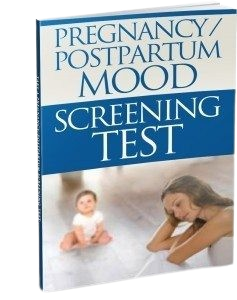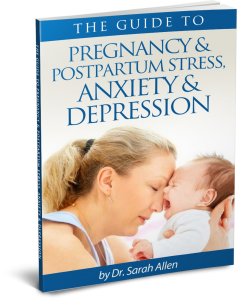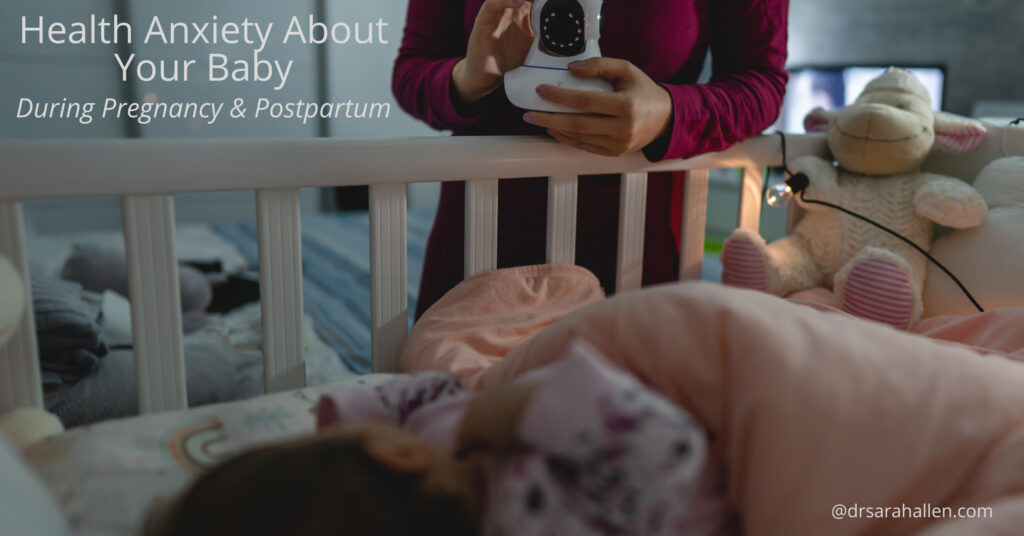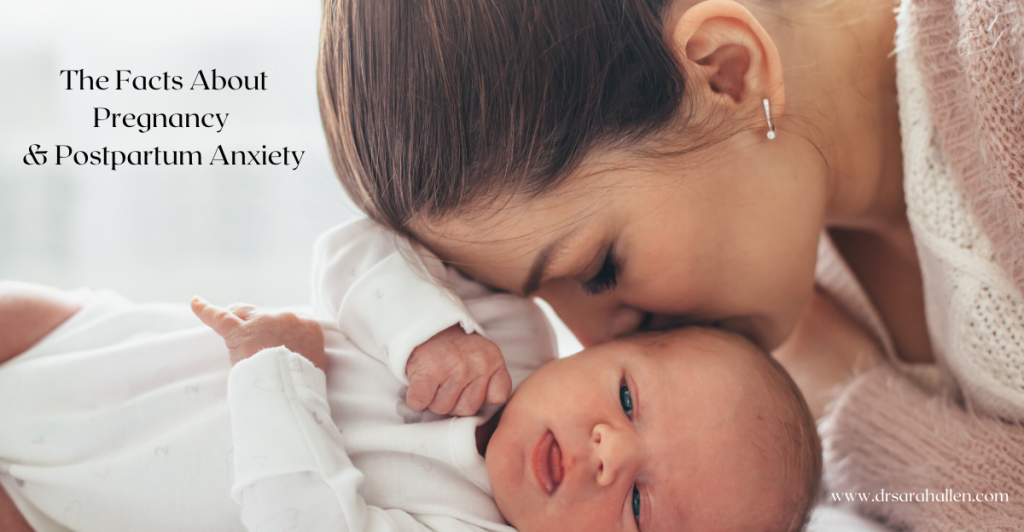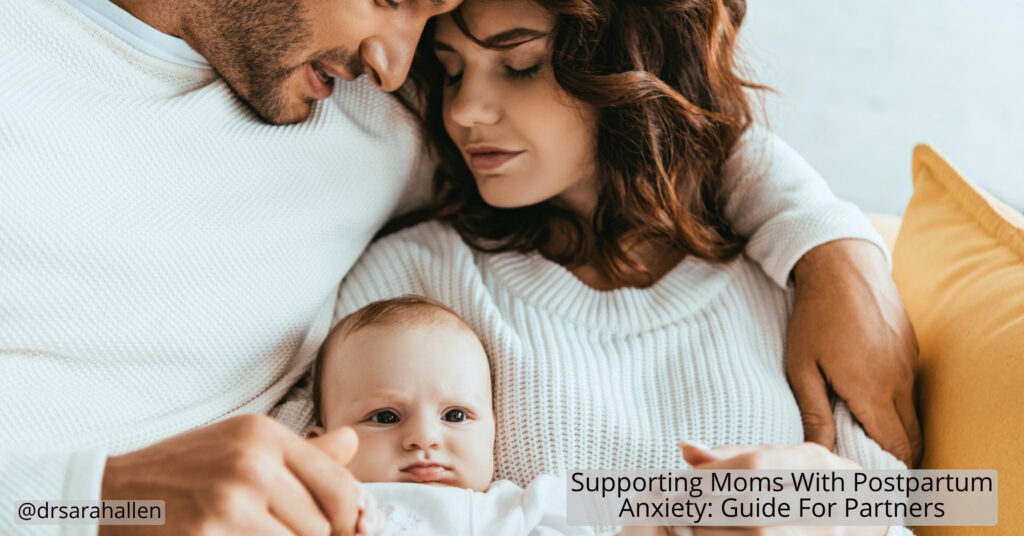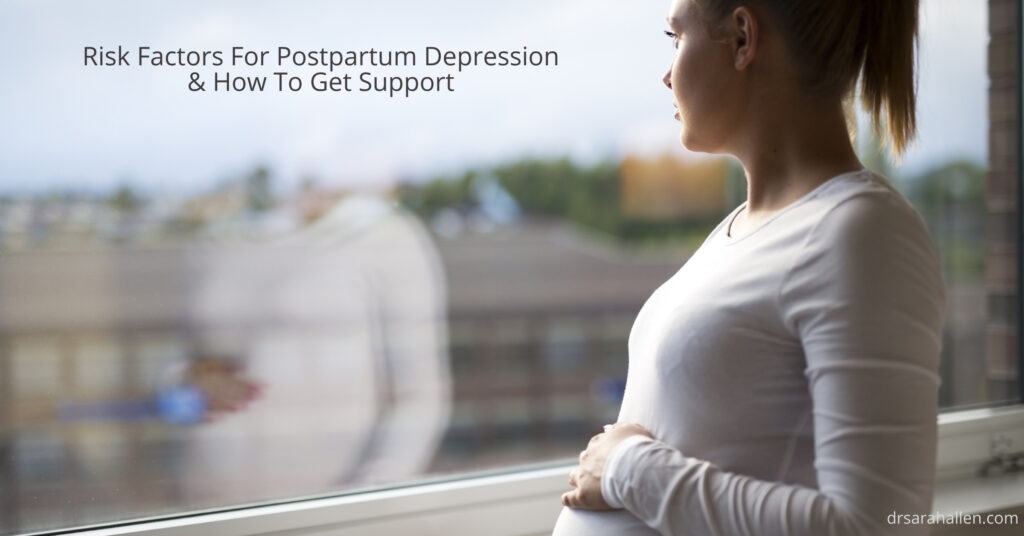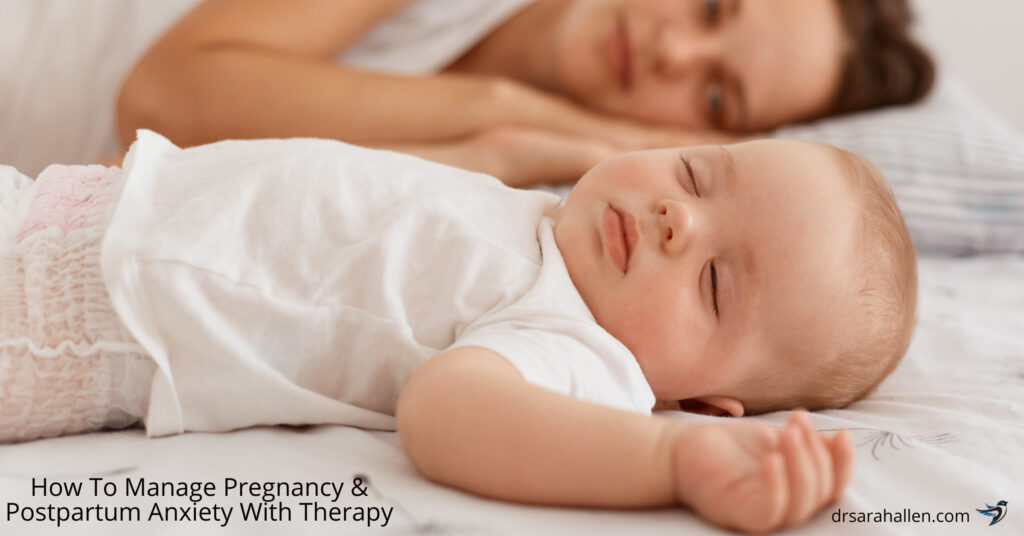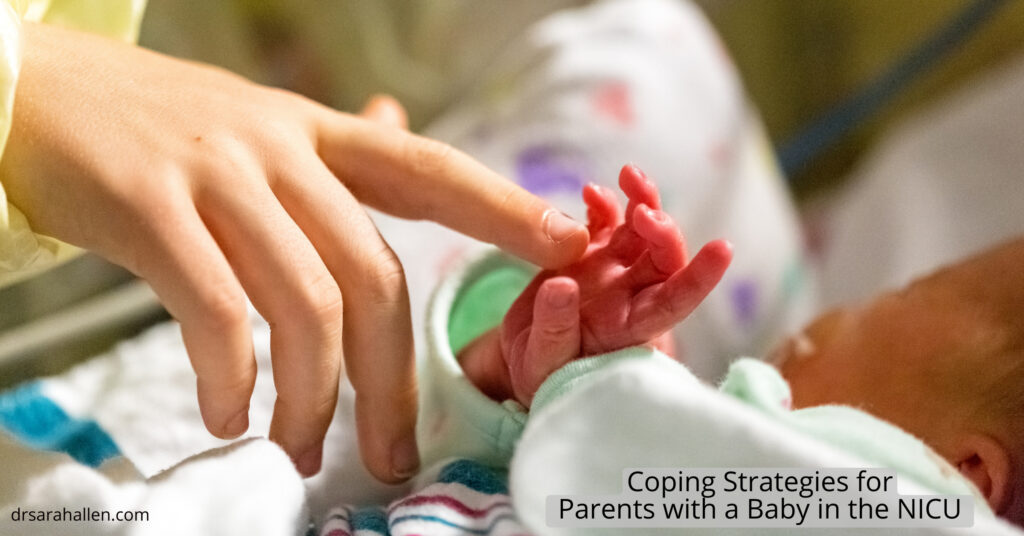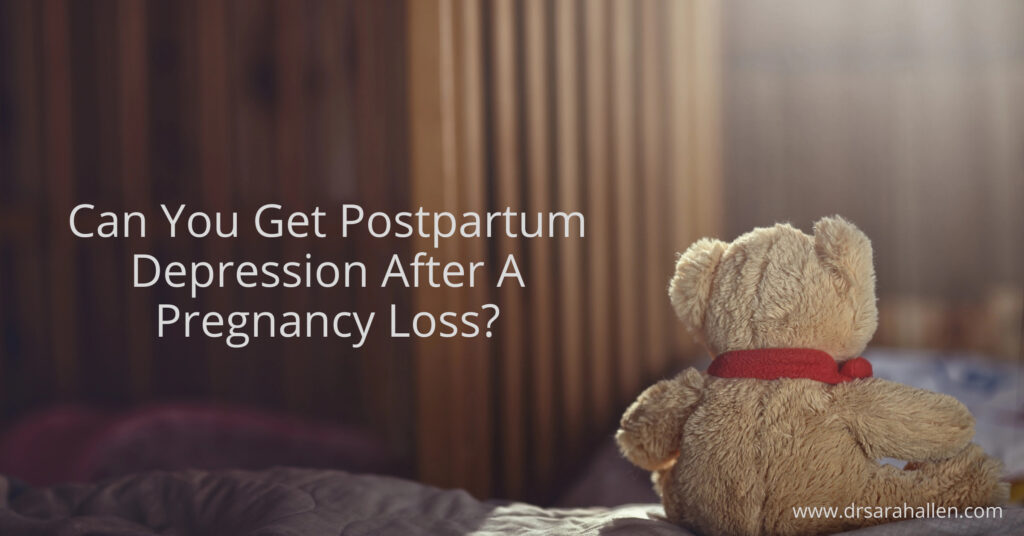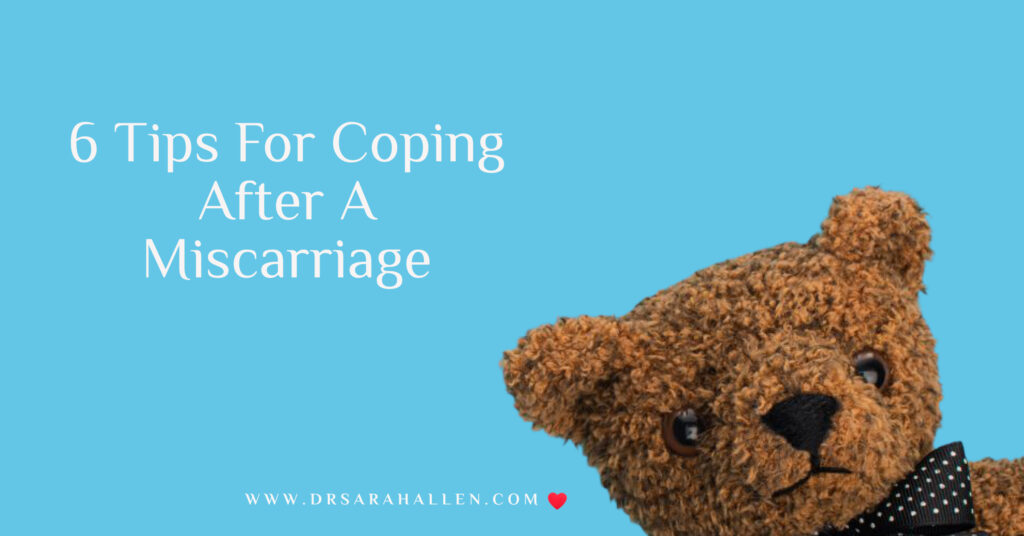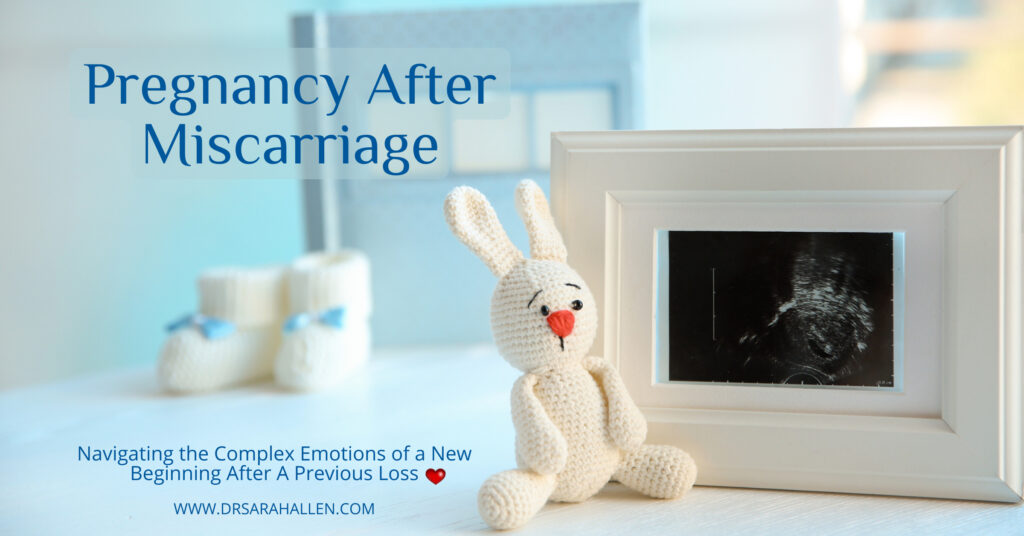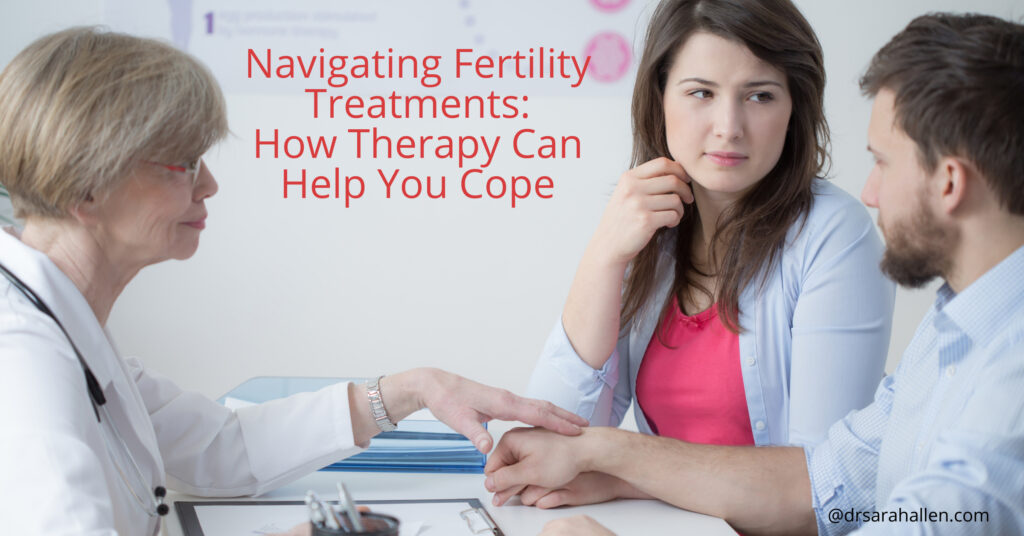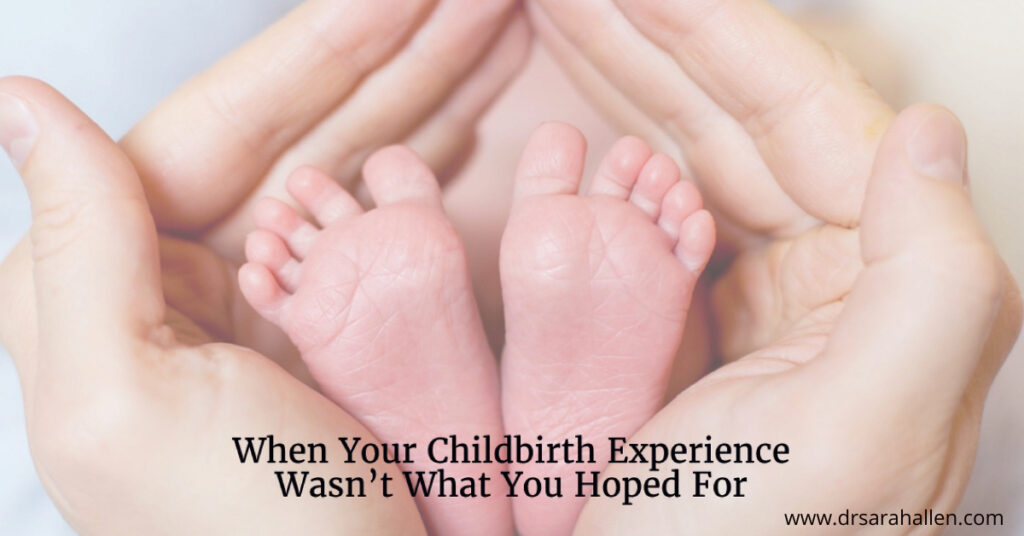
I think all pregnant women spend time imagining what their labor experience will be like. For first time moms, it feels a bit abstract because it will be unlike any other experience you have had before. Expectations can be based on stories from other people or perhaps movies or social media but I think there is usually the hope that when you first meet your baby there will be that storybook moment when you look in to the baby’s eyes and you are filled with love.
When the reality of the birth, or events leading up to or immediately following, is vastly different from what was hoped for, women can go through a whole range of difficult emotions.
All emotional responses following childbirth are on a continuum. At the most extreme end between 6-9% of women experience PTSD symptoms following traumatic labor (I will go into that more later) and at the other end of the continuum, symptoms are mild i.e. where a woman may be left feeling a little sad and envious of women who had the birth experience she wanted. A lot of women hope for a vaginal birth, perhaps using “natural” techniques such as Lamaze. Even if you want an epidural I don’t think I have ever heard a pregnant woman hope for forceps or other types of medical intervention! Reality is often very different from expectations.
The emergency nature of medical interventions during labor can make the experience extremely negative, even traumatic. The mom may think that she may be going to die or in some way be harmed. Or perhaps, thinks that the baby is in danger. Especially when the baby is rushed away and taken to the NICU. Whether the fear is for herself or the baby, fear of harm or death is a criterion for the experience to be considered traumatic. When I first researched birth trauma I was met with much resistance from supervisors who thought that traumatic experiences are only for war veterans or victims of car accidents or rape. Women give birth every day, how can that be traumatic?
Emergency Interventions During Childbirth

But of course, it can be! The research I did over 20 years ago and many subsequent studies since, has found that childbirth can be traumatic with the major contributors being pain, previous traumatic experiences such a sexual abuse, and most importantly, feeling that at some point during the experience everything was out of her control. This can lead to feelings of powerlessness and that the birth happened to her rather than her being a participant of the process.
Traumatic Childbirth

When a C-section or other medical intervention results from an emergency this can compound things as the staff are often so busy looking after the baby that they don’t have time to explain to the mom what is happening. The lack of communication can lead to the fear that either herself or the baby will die or be harmed alongside pain.
“The feeling that you do not have control of what is happening along with fear for your life or the baby’s health/life is a criteria for a birth to be considered traumatic”.
Common PSTD Symptoms Following Childbirth
- Intrusive re-experiencing of a past traumatic event (which in this case may have been the childbirth itself)
- Flashbacks or nightmares (which can be about the events leading up to, during or shortly after labor)
- Avoidance of stimuli associated with the event, including thoughts, feelings, people, places and details of the event (frequently this involves avoidance of the hospital or doctors’ office, magazine about childbirth, other new moms)
- Persistent increased arousal (irritability, difficulty sleeping, hypervigilance, exaggerated startle response)
- Anxiety and panic attacks
- Feeling a sense of unreality and detachment
Not Traumatic Birth But Still Not What You Expected
Woman can still be negatively affected by their childbirth experience even though they don’t consider it traumatic.
Remember I talked about symptoms being on a continuum? The PTSD symptoms above are at one end but woman can still be negatively affected by childbirth even though they don’t feel it was traumatic. There is a lot of pressure for moms to do things ‘naturally’. Eat/avoid the correct foods, have the right type of birth, breastfeed rather than bottle feed and when it doesn’t go quite like they expected or wanted, women can be left with emotions such as guilt, loss, shame and feelings of failure.
Failure and feelings of loss usually revolve around thoughts that they couldn’t have the rite of passage that birth is supposed to be. Women start questioning that was something they did wrong, feel like they are a failure for not giving birth “naturally” or angry that the intervention could have been avoided.
Moms Matter Too!
Another thing I frequently hear in my practice is that there is guilt for having negative feelings about their labor. Woman are told “you just need to focus on the fact that your baby is healthy”. But moms matter too! And although moms are of course thankful that the baby is okay, woman can still feel angry about what happened and feel cheated of the experience they wanted but validation of that is negated when people just focus on the baby.
Here are Some Feelings Moms May Experience After Birth (traumatic or not)
- Feeling that the medical intervention could have been avoided;
- Blaming herself for things “going wrong”
- Rumination (going over the same thoughts again and again)
- Sadness
- Feeling powerlessness or that everything feels out of control
- Feeling disappointed, humiliated, or even disconnected from the whole experience
- Feeling like a failure or ‘less than’ other moms
- Being unable listen to other women’s birth stories (they can either act as triggers, or if positive, lead to envy).
- Anger towards self, the medical team or partner
- Anxiety that she doesn’t know what she is doing as a mom or some harm may come to the baby
Anxiety and depression symptoms occur in 15-20% of new moms even if they do not feel negatively about their childbirth experience but if you are only treated for PPD or Postpartum Anxiety and don’t address the childbirth aspect, then recovery can be limited.
When we have a negative experience our brain tries to adapt and make sense of what just happened. This is usually done by talking about it to other people, perhaps get other opinions to give us a wider understanding but when the event is also perceived as a failure or a something shameful or even a shock (so vastly different to what you expected!) women often don’t talk about it so those feelings get intensified as they ruminate about it.
Therapy with a perinatal mental health therapist can help women validate their birth experience and process all the feelings that went with it.
Strategies That Help With Healing

- Write out your birth story, and ask for your partner’s input as they will remember parts that you don’t which can give you a fuller perspective about events
- Recognize that it can take time to fall in love with your baby, no matter what your labor experience is, instant bonding is rare despite what movies tell you
- Try not to avoid how you are feeling; it only festers and comes out at times you don’t want it to, typically as anger or anxiety. Schedule time to think and process what you experienced/ are still experiencing
- Focus on all the things you did right as a parent that day. When we are depressed we tend to only focus on the negative and ignore the neutral and positive
- Share your story with someone. This might be with a professional therapist who is well versed in birth trauma or supportive friends or family. Women who talk with two or more supportive people recover more quickly
- When you’re ready, you can choose to access your birth records to better understand your experience but it is best not to do this alone as it can be a trigger
If you are ruminating about your childbirth experience and feel alone in dealing with these feelings, please reach out. Support is available and you don’t need to continue to feel this way.
Journal References & Resources:
Allen, S (1998). A Qualitative Analysis of the Process, Mediating Variables and Impact of Traumatic Childbirth. Journal of Reproductive and Infant Psychology – Analysis of Traumatic Birth
To read an article on birth trauma criteria and risk factors that was published in The Expectant Mother’s Guide click here PTSD Following Traumatic Birth Experiences
Tabs (short for Trauma & Birth Stress) www.tabs.org.nz is a great organization that has a lot of information on research and personal stories about birth trauma.
Other great resources are www.Pattch.org and www.birthtraumaassociation.org.uk.

Dr. Sarah Allen has 25+ years of experience in private practice helping women to transition to being the mom they want to be. She is the Founding Director of the statewide non-profit Postpartum Depression Alliance of IL. She also specializes in pregnancy loss & infertility & has published research on postpartum depression and traumatic childbirth.
If you would like to work with Sarah, please phone her at 847 791-7722 or on the form below.
If you would like to read more about me and my areas of specialty, please visit Dr. Sarah Allen Bio. Dr. Allen’s professional license only allows her to work with clients who live in IL & FL & the UK and unfortunately does not allow her to give personalized advice via email to people who are not her clients.
Dr. Allen sees clients in person in her Northbrook, IL office or remotely via video or phone.

What Can I Read That Helps Me While I Am Waiting For My First Appointment With Sarah?
If you feel that you may be experiencing pregnancy or postpartum mood disorder, or worry that you may be at risk of developing it, please download my free booklets below.
See each specific webpage to download one or many.
